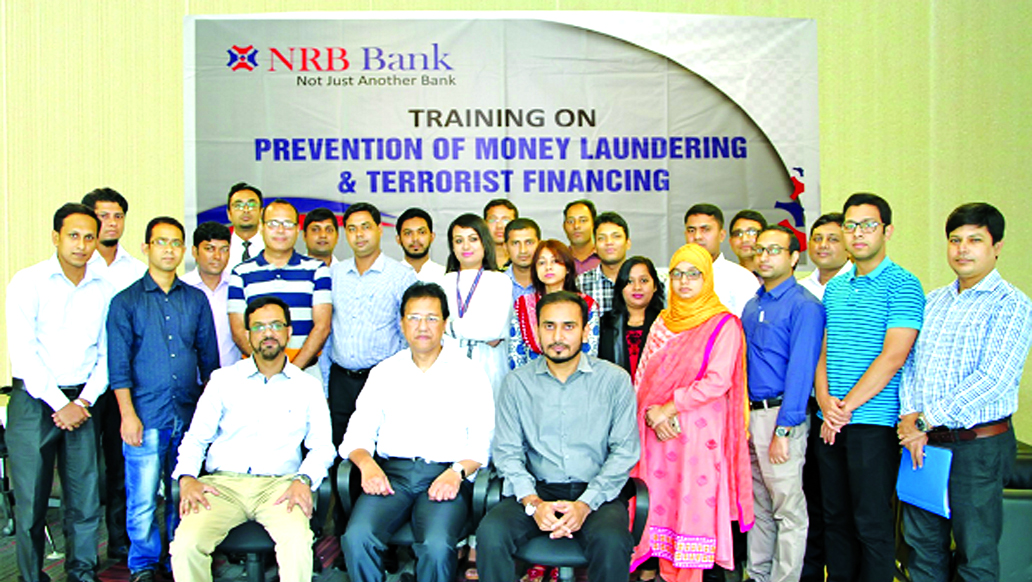By all indicators it was deemed to be the best performing bank in Bangladesh, posting a profit of Tk 2,300 crore last year, leaving any other private bank far behind.
However, that could not rid the bank of its ill repute—that it was a de facto bank of Jamaat-e-Islami, the Islamist bank. Its top man was Abu Naser Md Abduz Zaher, Jamaat's key man who fled the country when the war crimes trial got momentum, and its main funder was war criminal Mir Qashem Ali, who had to walk the gallows for his crimes in 1971.
There were allegations raised in the US Senate that an Islamic terrorist, Abdur Rahman, had an account with the bank, a claim that the bank later refuted.
Its political façade notwithstanding, the bank worked as a good financial intermediary.
So when the government started a process to 'cleanse Jamaat's influence' from the bank in June 2016, the move did not cause much heartache to many. What was surprising was the way it was executed.
In quick sweep, the bank's chairman, vice-chairman and managing directors were forced to pack bags and leave. A former secretary, Arastoo Khan, was appointed as the head of its board. He was appointed on behalf of an obscure company, Armada Spinning Mills Ltd, from Chittagong.
Whatever may have been the credentials of the company, Khan is a well-known bureaucrat and so his appointment did not cause much stir. But the mystery remained about how and why Armada got Islami Bank in its sight, bought its shares and positioned its man at the top of the board.
The latest appointment of former Anti-corruption Commission member Shahabuddin Chuppu to the board, however, has generated a lot of curiosity. Again, a little known firm, JMC Builders of Chittagong, bought shares and lobbed its man, Chuppu, to the board even though Chuppu claimed to have no connection with any builders company and having “no interest to know the details about it [JMC Builders].”
All these ongoing reorgs have raised new concerns about the future of the bank. A bank is a sensitive entity that survives on sound management and its depositors' trust. Such a 'takeover' of the bank by unknown companies and appointment of directors by those companies may make depositors jittery. A pertinent question here is whether the Bangladesh Bank should have scrutinized the new owners of the bank before authorising the changes. After all, a bank is not like any other institution.
It becomes a matter of acute concern when one recalls what happened to banks like BASIC and Oriental bank. Oriental is a dismal history and the directors have drained the bank out. Basic Bank, one of the strongest state-owned banks in Bangladesh, also became victim of scams and everybody, including the regulators, sat on their hands until the job was complete.
The current atmosphere of the banking system does not inspire much confidence. The Centre for Policy Dialogue in a report in May this year has said the banking sector has become a growing malignancy for the economy with non-performing loans, lack of governance and corruption. The ambition of high growth with such a weak banking system is oxymoronic.
More and more loans are going bad. In the last one year, default loans have gone up by Tk 11,000 crore. The status of bad loan realisation is abysmally low with only 5.5 percent recovery rate. This only means the good borrowers are being penalised.
When the banking system is in disarray, we can hardly afford another bank going the wrong way.
news:daily star/18-jun-2017




